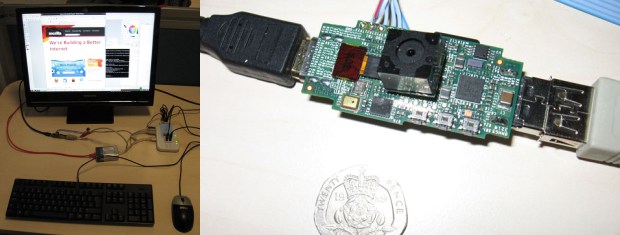A frequent question entrepreneurs have when they are just starting their company is: how secretive should I be about my idea? My answer: you should talk about it to almost anyone who will listen. This includes investors, entrepreneurs, people who work in similar areas, friends, people on the street, the bartender, etc.
There are lots of benefits to talking to people. You’ll get suggestions for improvements. You’ll discover flaws and hopefully correct them. You’ll learn a lot more about the sector/industry. You’ll learn about competitive products that exist or are being built. You’ll gauge people’s excitement level for the product and for various features. You’ll refine your sales and investor pitch. You might even discover your idea is a bad idea and save yourself years of hitting your head against the wall. – Chris Dixon
Unfortunately, when people think they have a good idea, they almost always want to be super-secretive about it to ‘protect it’. What are they afraid of? That someone will steal their idea and bring it to life? The fact of the matter is this: people do not copy ideas, they copy success. If your fabulous business idea is so simple that someone can understand it to the point of executing it in a matter of a few minutes, then the idea is probable not that fabulous. A successful business takes a lot more than just brilliant ideas. The key is in persistent tuning of the initial idea after a lot of rounds of feedback.
Related: Share your ideas liberally
